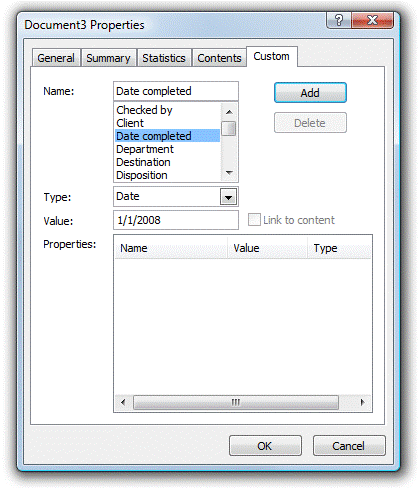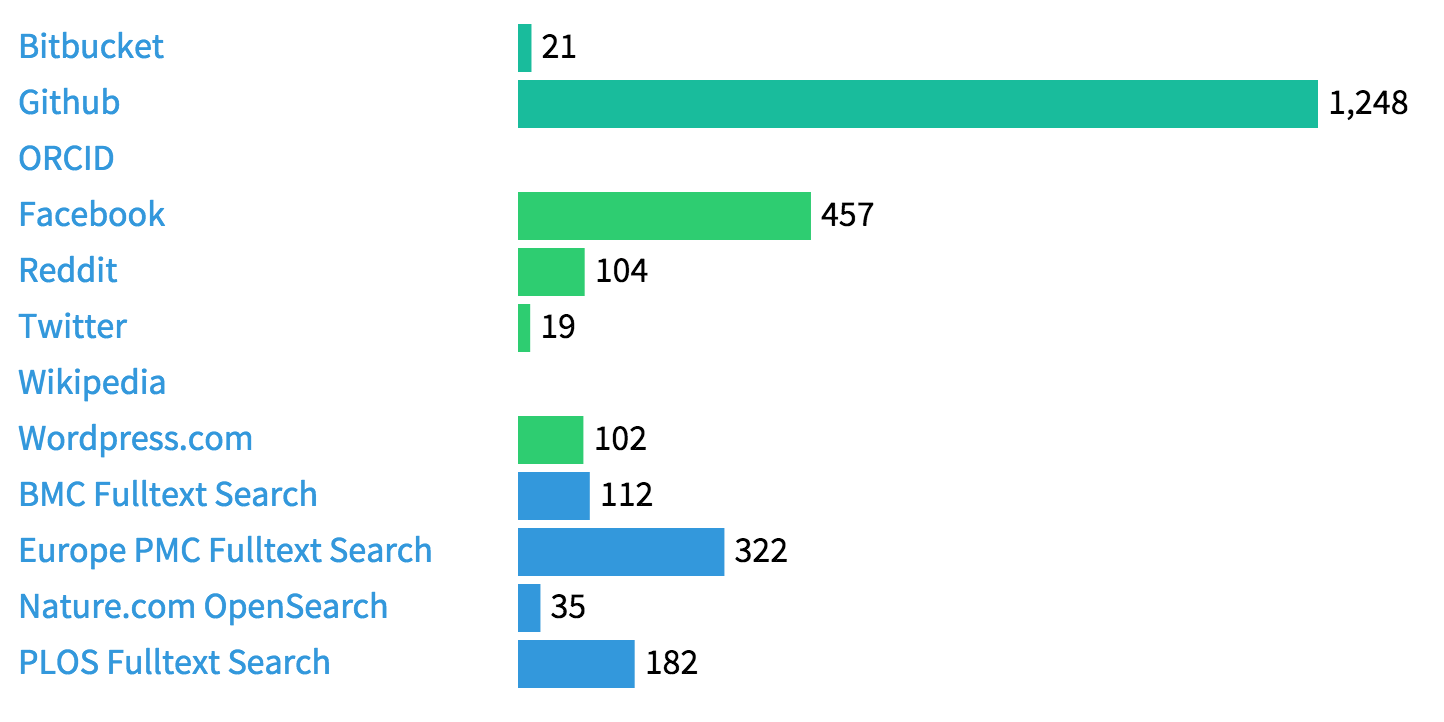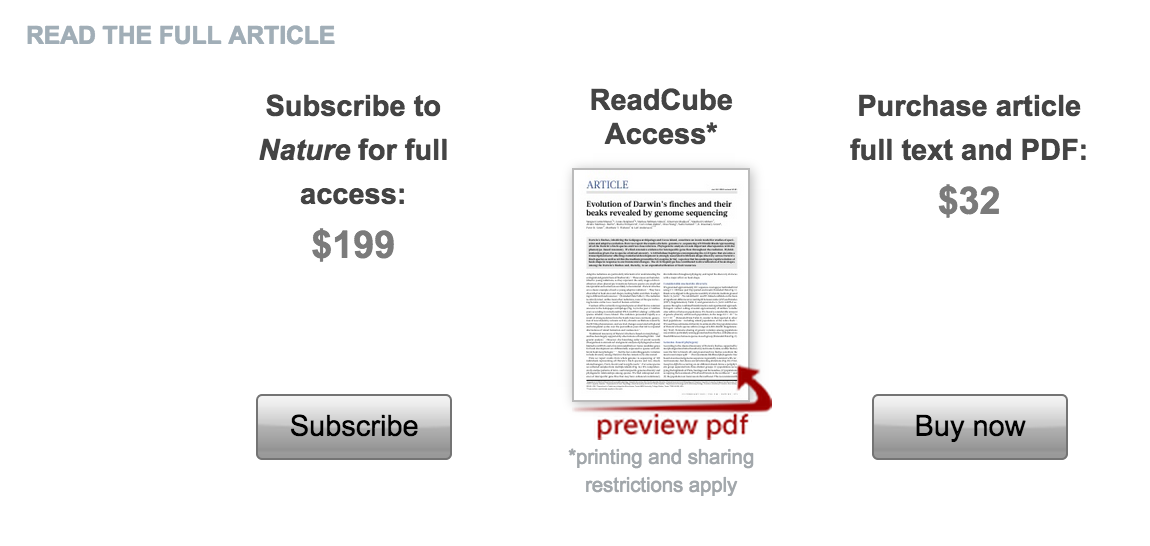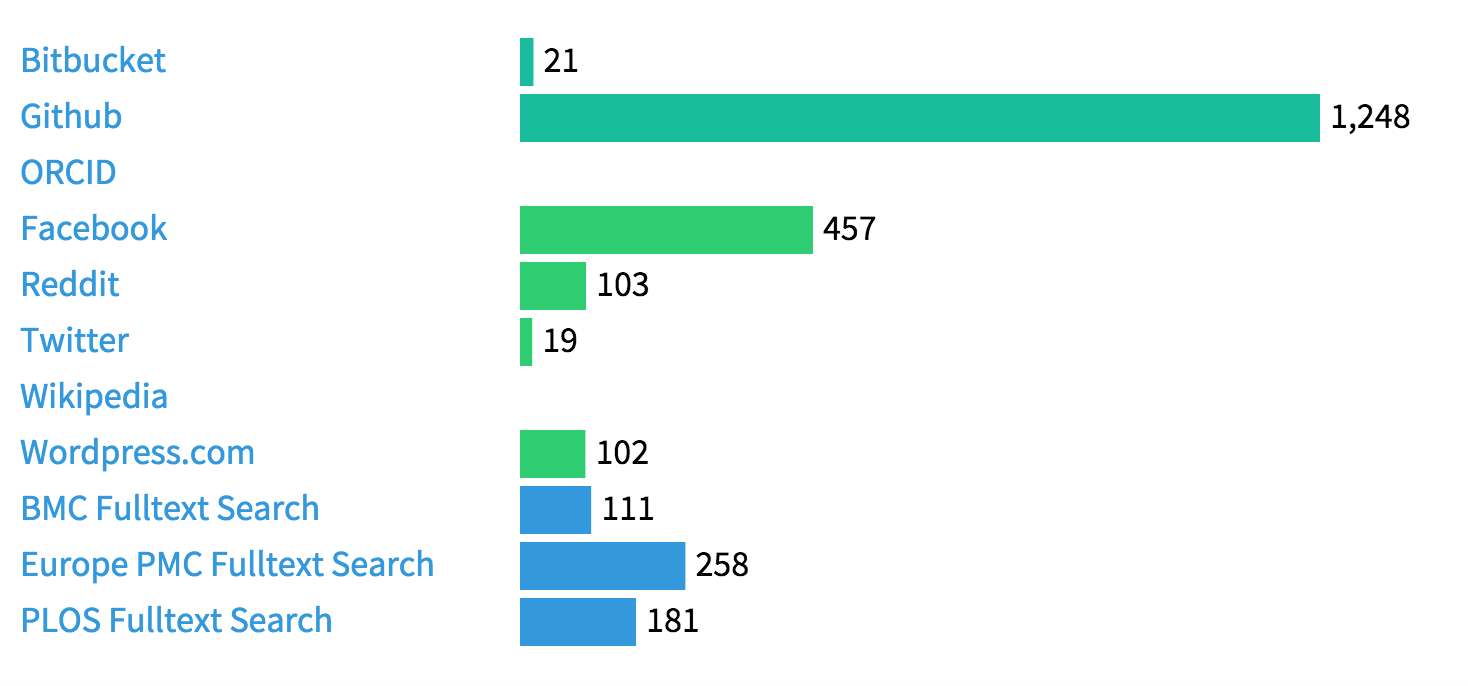
Metadata such as author, title, journal or persistent identifier are essential for scholarly documents, and some of us are spending a significant part of our time adding or fixing metadata. Unfortunately we sometimes don’t pay enough attention to the flow of metadata, i.e. we ignore already existing metadata, or reinvent the wheel in how we describe or store them. Storing metadata in text-based formats is usually straightforward.









